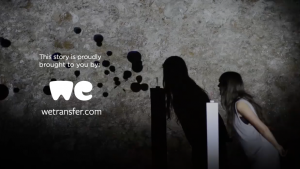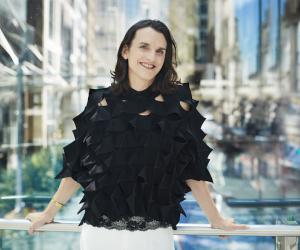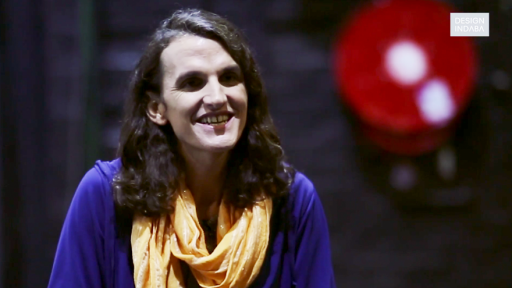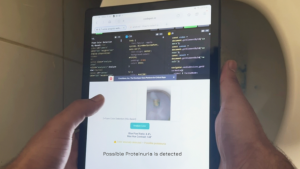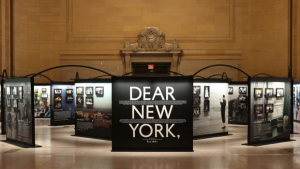Tea Uglow is a creative sage and director of Google’s Creative Lab in Sydney, Australia. She is involved with a number of unique projects at any given time, connecting different talented designers and engineers with one another to work on cutting-edge questions where technology and creative thinking intersect.
Uglow is interested in the human mind and how its limits can reveal deeper queries. She is a firm believer in the power of doubt, that uncertainty is fertile ground for controversy rather than closure.
“John Keats coined a phrase that I find spectacularly relevant still today. It’s this idea called ‘negative capability’. He’s talking about the human ability to speak, to write, to create – what we do is transcendent, it is sublime. This is terribly relevant today because we are surrounded by these machines that are doing so much. Our computers take an input and derive an output... It does so even when you give it inputs that are highly variable, like doubts.”
Uglow presents a number of thinkers throughout history who have explored the value of doubt similarly, philosophers who have interrogated their own doubts regarding reality in pursuit of empirical evidence and certainties. According to her, such questions ought to be asked by forward-thinking artists and examined by designers and engineers.
The creative director introduces Editions At Play – a project that disrupts our normal habit of looking to history for permission and insight to do things. It is a re-evaluation of how literature is presented, a rethink of the traditional book as a 2-dimensional way to convey knowledge. With the astonishing interactive tools available to us in the digital age, Editions At Play embraces new formats on screen that are not confined to the spine-and-cover layout of books (and E-books, for that matter).
Editions At Play encapsulates Uglow’s way of thinking – to step back and reconsider the way we do things, given the tools that are at our disposal. The project challenges the book as a linear way of reading, appealing instead to physical gesture and interactive play. There are many areas in life that could do with a similar rethink, according to Uglow, who applies the concept of dimensionality and the idea of moving outside of the world to better understand our position in it. She interrogates the notion of binaries, of black and white truths, how they fail in the face of a graded spectrum and vice versa.
“I really feel like the relationship we have with information at the moment is terribly linear,” says Uglow. “It’s much more interesting if you start to consider information as a dimension, like time and space. Information is something that we can move around in.”

